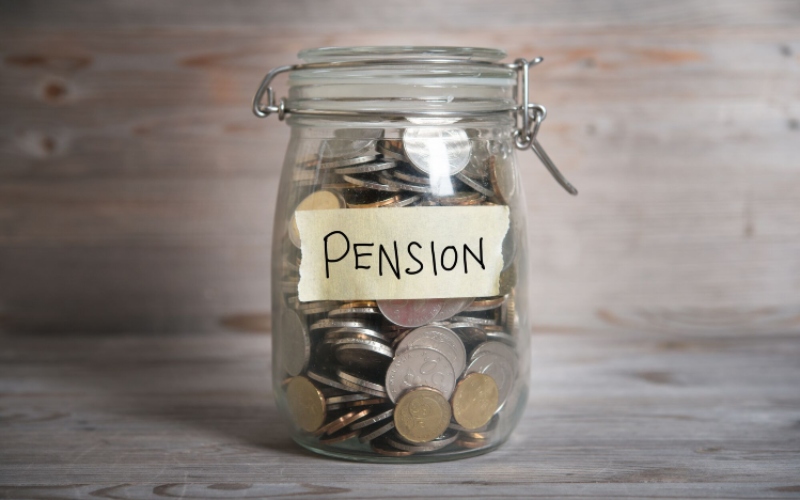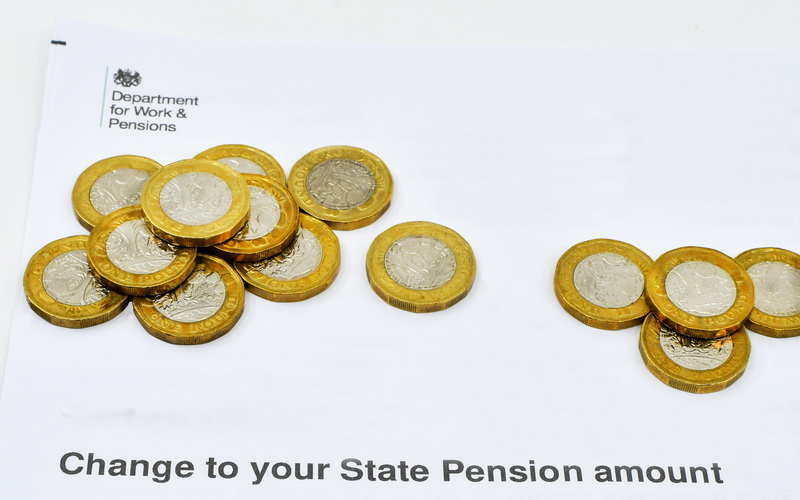Individuals with long-term pensions savings could face a punishing budget
Tax relief reduction and anti-forestalling legislation would discourage saving for retirement
Reduced pension tax relief and anti-forestalling legislation could create a punishing budget for individuals with long-term pension savings.
Tomm Adams, Partner and Head of International Pensions and Benefits, said:
At worst the Chancellor could scrap pension tax relief altogether in the Budget, although this would be an extremely unpopular move. She could also introduce a flat rate tax relief of 30%, substantially drop annual relievable allowance, or reduce the 25% tax-free lump sum to 20%. Any of these would dissuade long-term pension savings as the tax paid on them would effectively increase.
A change to the treatment of the tax-free lump sum would be particularly unfair on people who have already built-up long-term savings for their retirement. Most pensioners rely on income outside the state pension which is woefully behind the average across Europe, and it would feel as if the Government is punishing them for taking good care of their finances.
If the Chancellor does go after pensions, introducing a flat rate tax relief of 30% feels in line with hitting the ‘broadest shoulders.’ The average employee in England or Wales, who earns under £40k and is a 20% marginal taxpayer, would get more tax relief than before. But that would be fully subsidised by higher earners with the excess going to the Treasury.
Regardless of what the Government does, there is concern that anti-forestalling measures will be put in place to avoid allowing individuals to plan for the rest of the tax year, as we have seen with VAT on school fees.
If the Chancellor announces a pension tax relief change on 30th October with immediate effect, it will be unfair on individuals, employers and pension providers who will not have any time to prepare for immediate change. April 2025 is already a tough ask for employers to adjust, depending on the changes announced.
An immediate change on October 30th could also have unintended consequences where contributions are taken out of October payroll, even before October 30th, but not physically transferred into pension pots until the start of November – this would be a significant oversight, leaving many individuals caught out by an unexpected loss of tax relief.
Would you like to know more?
If you would like to discuss any of the above, please speak to your usual Blick Rothenberg contact or Tomm Adams using the form below.
Contact Tomm

You may also be interested in

Pension contributions

Pension tax-free lump sums













